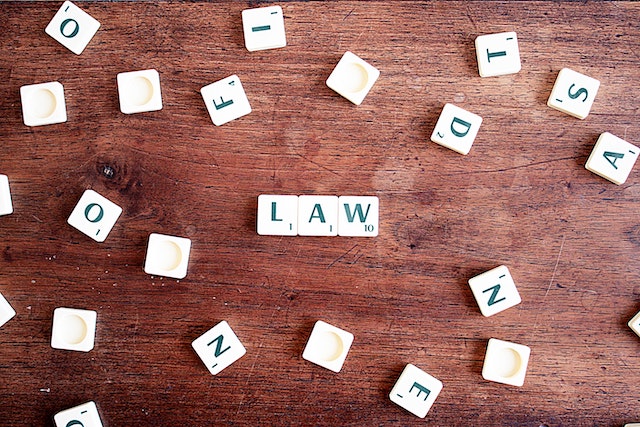
When it comes to understanding the landlord-tenant laws in Arizona, it can get quite confusing for both landlords and tenants. It truly depends on where you are reading it - is the site providing more information for the renter or more information for the landlord.
It’s beneficial for every landlord and tenant to understand the laws thoroughly before they rent to anyone or rent off anyone. It’s the same when you drive a vehicle; you need to know the rules of the road before you start driving.
Continue reading to get a thorough overview of the landlord-tenant laws in Arizona.
Understanding Utility Charges
An area that commonly results in disagreements between landlords and tenants are utility charges. As a result, it is important to understand how these charges work. Always make sure that among the following charges that are relevant to you and that your tenants are responsible for are in writing.
1. A landlord may charge separately for gas, water, wastewater, solid waste removal or electricity by installing a submetering system or by allocating the charges separately through a ratio utility billing system.
2. If a landlord charges separately for a utility pursuant to subsection 1, the landlord may recover the charges imposed on the landlord by the utility provider plus an administrative fee for the landlord for actual administrative costs only. The landlord shall not impose any additional charges. The rental agreement will contain a disclosure that lists the utility services that are charged separately and shall specify the amount of any administrative fee that is associated with submetering or the use of a ratio utility billing system.

3. If provided in the rental agreement, the landlord may impose a submetering system or ratio utility billing system during the term of a rental agreement if the landlord provides notice.
4. If a landlord is not in compliance with subsection 2, the tenant shall first object in writing to the landlord regarding the utility billing. If the dispute is not resolved, the tenant may file a civil complaint in justice court to enforce this section.
Tenant and Landlord Obligations
Every tenant must comply with their obligations and make sure that they are following the health and safety laws in Arizona. If a tenant is not following the laws, their landlord may be forced to follow through with the eviction process. The tenants must keep their property clean and safe at all times.
He or she must make sure they are keeping all the plumbing and electrical work up to date and as clean as possible to ensure no problems will arise. If there are any damages, the renter must put in writing what needs to be fixed and must send it to the landlord for repairs.

Obligations can change over time so it’s important to stay up to date with the new laws.
A landlord cannot ask for more than 1 month and a half worth of funds for their security deposit. If their deposit does not say non-refundable it is refundable under the landlord and tenant act.
Termination of Tenancy
“On termination of the tenancy, property or money held by the landlord as prepaid rent or as a security deposit may be applied to the payment of all rent, and subject to a landlord's duty to mitigate, all charges as specified in the signed lease agreement, or as provided in this chapter, including the amount of damages which the landlord has suffered by reason of the tenant's noncompliance with section 33-1341.
Within fourteen days, excluding Saturdays, Sundays or other legal holidays, after the termination of the tenancy and delivery of possession and demand by the tenant the landlord shall provide the tenant an itemized list of all deductions together with the amount due and payable to the tenant, if any. Unless other arrangements are made in writing by the tenant, the landlord shall mail the itemized list and any amount due, by first class mail, to the tenant's last known place of residence.” - Arizona Residential Landlord and Tenant Act.

Many renters and property owners do not look over their rights and obligations before renting their properties or renting other people’s properties. This should be done to protect yourself and to also give you an understanding of what you are and are not capable of doing.
It’s vital to be educated on your rights to ensure that you don’t get yourself on the wrong side of the law down the road. Squatter's rights, for example, are a whole other ballgame.
If any of this seems intimidating or daunting to you, do not hesitate to contact us at Paramount PMR! We are here to help.



